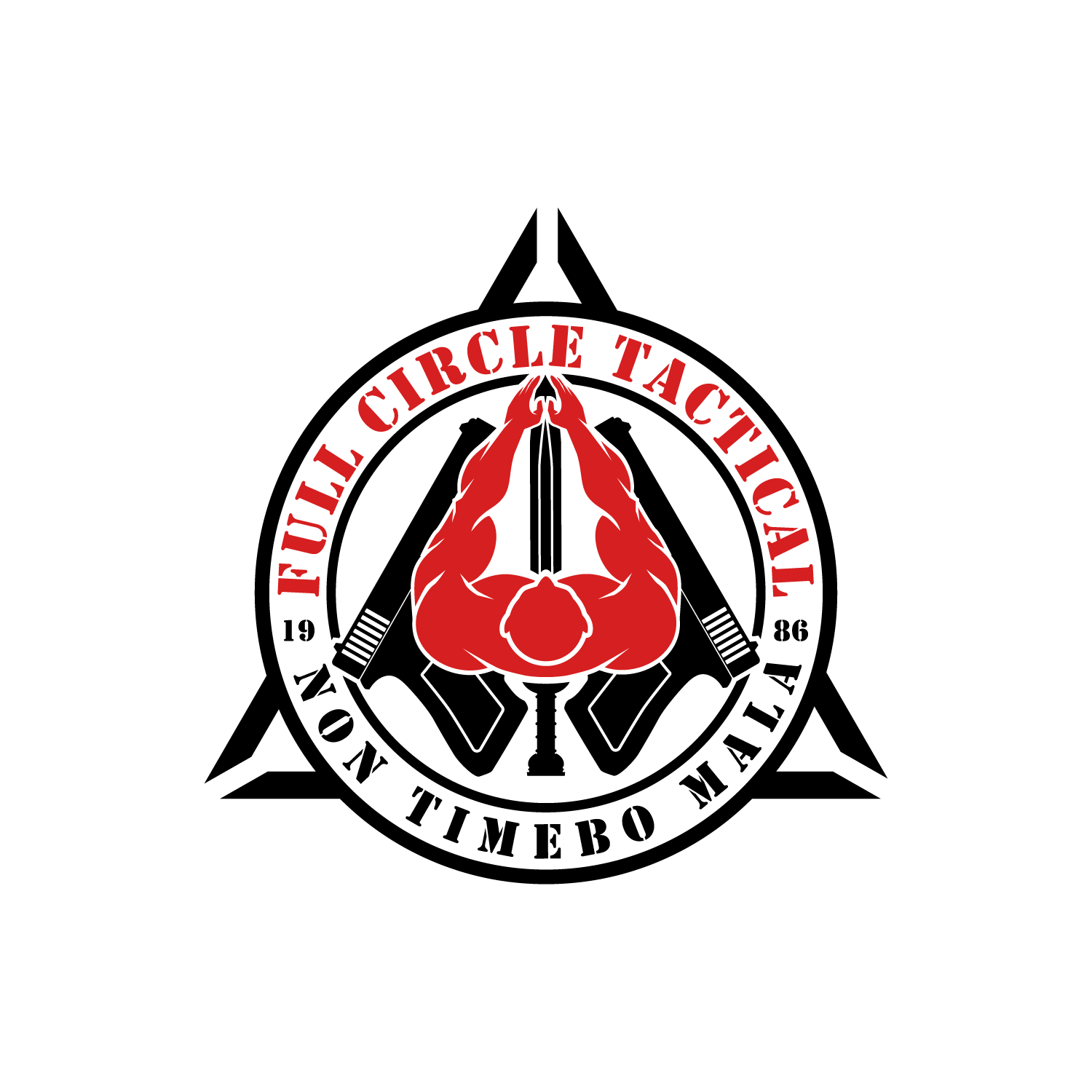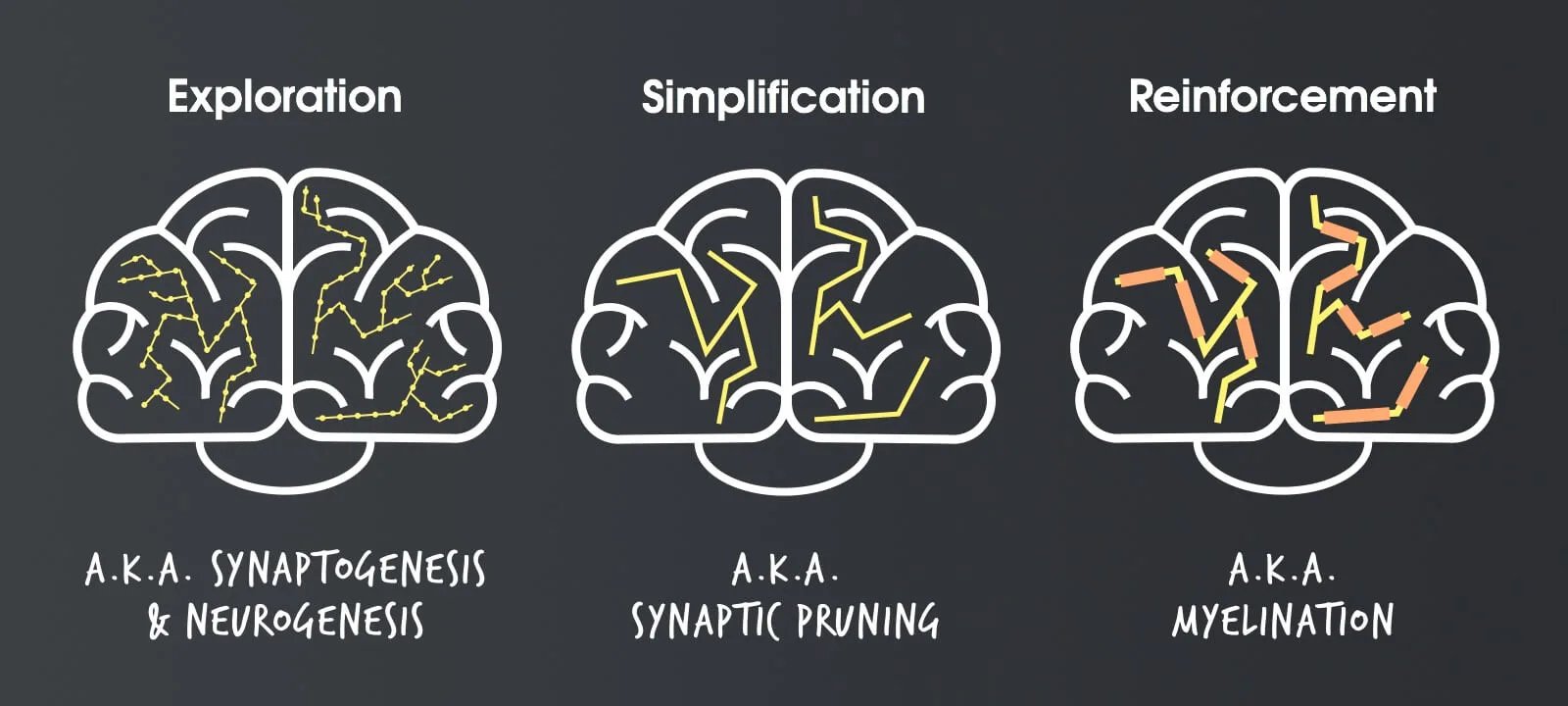Practice Makes Permanent, Not Perfect
In the pistol shooting world, "practice makes perfect" takes on a new meaning. While repetition and practice are essential for skill development, it is crucial to understand that practice makes permanent, not perfect. Whatever technique or movement we repeatedly practice will become ingrained in our motor programs, making it challenging to unlearn and relearn correct techniques.
Let's explore the process of myelination, the formation of automatic motor programs, and the difficulty of rewriting these programs. We will also back these concepts with scientific research and citations.
Myelination and Automatic Motor Programs:
We need to delve into the myelination process to understand how practice makes permanent. Myelination is the formation of a protective sheath called myelin around nerve fibers, which enhances the speed and efficiency of signal transmission in the brain. This process plays a crucial role in the development of automatic motor programs. Research by Dr. Daniel Coyle, a neurologist and author of "The Talent Code," suggests that myelination occurs through deep practice.
Deep practice involves focused repetition, deliberate attention to detail, and pushing oneself slightly beyond the comfort zone. As we engage in deep tradition, the neural pathways associated with the specific movement or skill become more insulated with myelin, making the execution of that movement faster and more efficient.
The Formation of Automatic Motor Programs:
Through myelination, repeated practice leads to the formation of automatic motor programs. These programs are sequences of movements that become ingrained in our muscle memory, allowing us to perform them without conscious effort or thought. In pistol shooting, an automatic motor program would involve the precise coordination of grip, stance, sight alignment, trigger control, and follow-through.
According to a study published in the Journal of Motor Behavior by Dr. Gabriele Wulf and colleagues, forming automatic motor programs requires significant practice. The researchers found that participants who practiced a specific movement for a longer duration showed greater automaticity in their performance. However, the time needed to develop an automatic motor program can vary depending on individual differences, task complexity, and practice intensity.
The Challenge of Rewriting Automatic Motor Programs:
Once an automatic motor program is established, rewriting it can be a challenging task. The brain's plasticity, or ability to change and adapt, decreases with age, making modifying deeply ingrained motor patterns more challenging. Additionally, the myelin insulation around the neural pathways associated with the established program makes it resistant to change.
A study published in the Journal of Neurophysiology by Dr. Pablo Celnik and colleagues explored the difficulty of modifying automatic motor programs. The researchers found that participants who had already developed an automatic motor program required more time and effort to learn a new movement pattern than those who were learning it for the first time. This suggests that rewriting an automatic motor program involves unlearning the existing program and forming new neural connections, which can be challenging and time-consuming.
Final Thoughts:
In pistol shooting, the concept of practice making permanent, not perfect, holds significant importance. Through myelination and the formation of automatic motor programs, repeated practice ingrains specific techniques and movements into our muscle memory.
While this can be advantageous when the correct techniques are practiced, it becomes problematic if incorrect techniques are repeatedly reinforced. Understanding the process of myelination and the challenges of rewriting automatic motor programs is crucial for pistol shooters. By practicing with intention, seeking expert guidance, and embracing constructive feedback, shooters can ensure they are learning and reinforcing the correct techniques from the beginning.
Additionally, being mindful of the pitfalls of practicing the wrong techniques can help shooters avoid developing permanent habits that hinder their progress and performance. In conclusion, you must be careful about what you are learning and practicing in pistol shooting. Practice does make permanent, but only sometimes perfect.
Shooters can make informed decisions about their training methods by understanding the science behind myelination and automatic motor programs and striving for continuous improvement. Remember, it is better to invest time and effort in learning the correct techniques slowly than to become great at doing the wrong thing.

